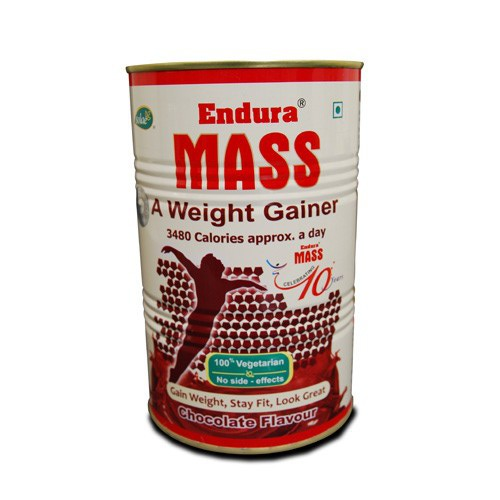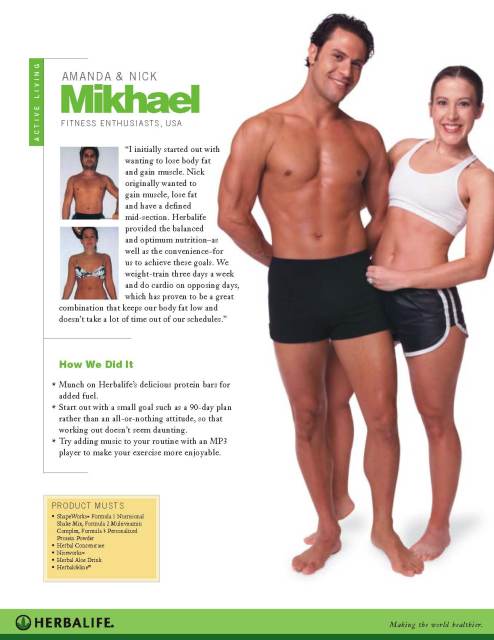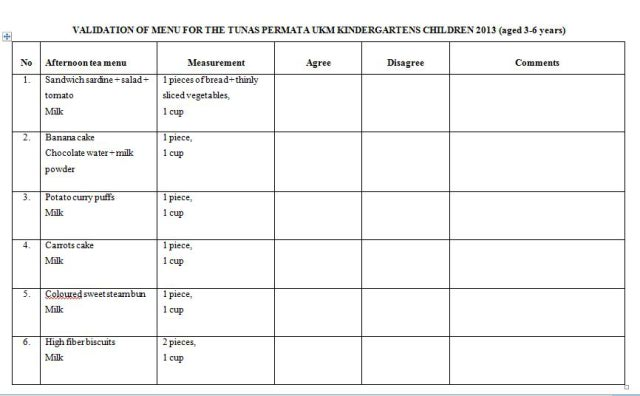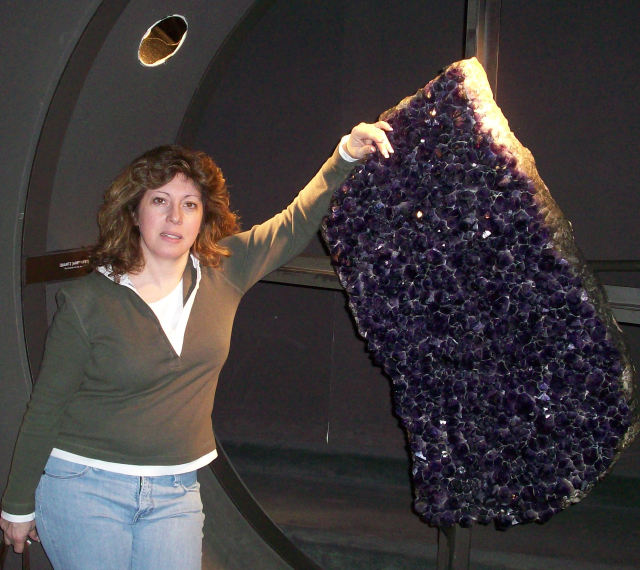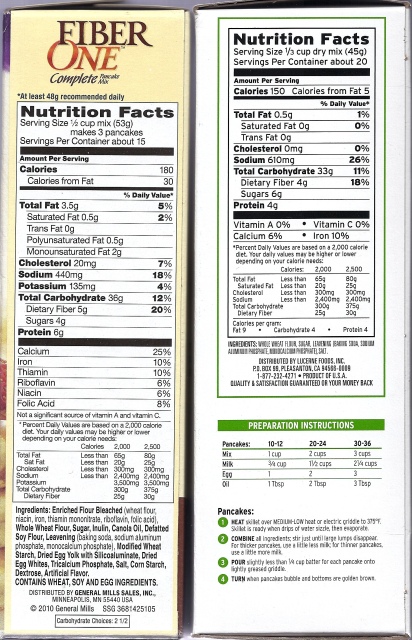Digestion-or lack of
Question
Iain
At 55 years old I find I cant eat a lot of what I used to. Red meat bloats me up, coffee gives me heartburn, and booze-well lets not go there.
Is it common to have less digestive ability as one ages?
I have decided to turn lemons into lemonade and use this as an opportunity to eat a healthier diet.
I switched to tea from coffee and feel much calmer. I eat mostly carbs and veggies now with a bit of chicken or fish and my digestion is better, and I bet my liver is thanking me re. the booze.
I just hope I dont end up like those old people that live off toast because thats all they can handle!
Thanks for your thoughts.
Hi,
As you get older, your body has a more difficult time properly absorbing important nutrients, and its composition changes, which makes it easier to gain weight. Ages 40 to 59 have the highest prevalence of obesity, according to the latest data from the Centers for Disease Control and Prevention.
One reason why it's easy to gain weight as we age is due to the fact that, as the years go by, we gradually lose muscle. Most of us are also less active as we grow older. If you're burning fewer calories and you haven't changed your diet, you're going to gain weight.
Also when we hit middle age our hormone levels fall, which shifts our body fat distribution, noticeably, to the abdomen.
Cutting back on calories is a good first step in tackling your diet as you age. Your calorie requirement may drop as much as 20% between the ages of 20 and 60
For calcium and vitamin D intakes, after age 30, we all start to lose bone mass.
Eating lots of fat-free and low-fat dairy products, such as yogurt and cheese, will help prevent osteoporosis. If you don't want to spend a little bit of time in the sun to get more vitamin D, which is crucial to the absorption of calcium, try consuming more fortified milk and cereals before turning to supplements. White beans, broccoli and almonds will also help with calcium loss.
As sense of taste and smell may diminish as we age try adding herbs and spices, such as tarragon, cinnamon and turmeric, to keep your healthy diet from becoming bland. Also these herbs naturally contain disease-fighting antioxidants.
As we age, we're more likely to face chronic diseases such as diabetes, cancer, heart disease and Alzheimer's. Omega-3 fatty acids reduce inflammation and hypertension, decrease triglycerides, raise high-density lipoprotein (good) cholesterol and even help prevent dementia--and they are a crucial part of healthy older adults' diets. Get them in wild salmon, walnuts, canola oil and soybeans.
Cutting back on calories can affect our intake of protein. Older athletes, in particular, need to pay attention to how much protein they're consuming as they age, since the nutrient fuels exercise. So eat more lean protein via turkey and chicken breasts, fish and beans.
You should try to eat as much fruits and vegetables as possible, frozen pre-cut vegetables or pre-peeled baby carrots may be a particularly smart choice for people dealing with arthritis.
Older adults absorb less vitamin B12, which can lead to anemia and make you feel weak and tired. Because aging can lead to low stomach acid, which interferes with absorption of the nutrient through food, a supplement would help.
Thanks.
Related Articles
-
Metabolism/synthroid
QuestionCan I still increase my metabolism through diet and exerc
-
am i overwieght?
QuestionHi , My name is Lauren and i am wondering if i am too hea
-
Sleep and Food
QuestionDear brother, What are the food items that enhances slee
-
whey protein/fruit and veggie smoothies
QuestionHi Glyn I am a 50 year old meat and potatoes, chips and b
-
Weight Control Plan
Questionactually i forgot to add that i jog around 1-2Km 4 times
-
Weight gain vs muscle gain
QuestionHi Tanya, thanks so much for taking the time out to answe
